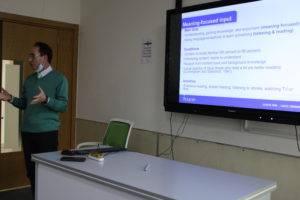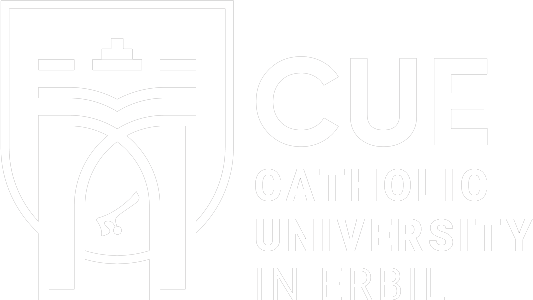Developing a four- strand model of English language proficiency for CUE students Seminar
On Wednesday, December 9, 2020, Dr. Ali Darabi Bazvand, a permanent faculty member at English department, CUE presented a seminar entitled: Developing a four- strand model of English language proficiency for CUE students.
In this presentation he first associated the concept of language proficiency with the contexts of language use which may by itself significantly affect the nature of language ability. He further documented this by referring to Cummins (1983), arguing that second language learners can be proficient in some contexts (e.g., where they discuss movies with their peers orally in English), but may lack proficiency in other contexts (e.g., where they need to give an oral presentation about their subject-matter courses to their classmates). As such, he presented on a four-strand model first proposed by Nation (2008) and later articulated by some applied linguists in EFL contexts:
Meaning-focused input,
Meaning-focused output,
Language-focused learning, and
Fluency development
Along with Nation he concluded that (1) foreign language teachers should allocate an equal amount of time to each of the aforementioned strands ( 2) learners ( here EFL students) should be exposed to large amounts of comprehensible input through both listening and reading (3) Teachers should provide students with ample opportunities to produce spoken and written language, (4) teachers should push learners to deliberately focus on forms of language, including, sounds, spelling, vocabulary, multi-word units, grammar, and discourse, and finally (5) push students to develop English Language fluency across all four strands.






